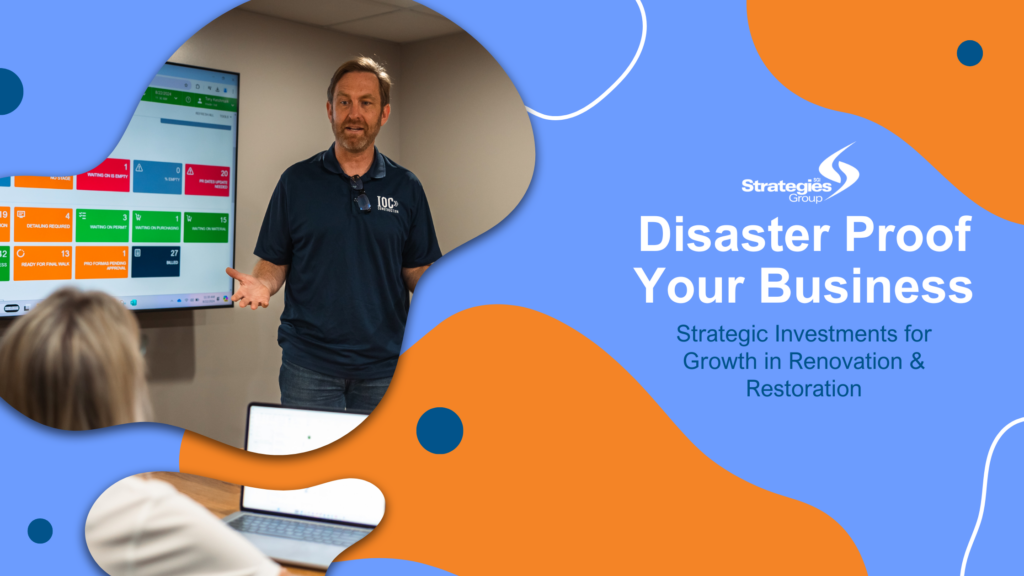Trust is an essential component to any group dynamic. It happens at the macro level in our society every day. We “trust” that the driver on the other side of the road careening toward us in a 3,000 pound metal missile is paying attention and not feeling particularly homicidal that morning. When we eat out, we “trust” that social norms of cleanliness and quality were observed when preparing our meal. This level of trust becomes second nature to us because our life experiences have allowed us to “trust, but verify” these situations many times. However, interpersonal trust is harder to obtain, often difficult to earn and seldom rewarded when exhibited. This type of trust relationship also happens daily in our lives. The deepest level of hurt most humans feel is caused by a betrayal of trust. So that being said how do we truly develop this essential component of it in our workplace?
Let’s talk about how it IS NOT developed. How many of us have been to a company team-building outing where we are asked to do things like fall backward into the faithful arms of our fellow team members? Do we really believe that deep trust can be obtained because four other team members with nothing to lose catch you instead of letting you fall onto the ground and split your head open? What kind of sociopath would allow any human being to fall to certain injuries like that? Is that the level of trust we expect in our organizations? If so, I am pretty sure I would not want to be a part of that organization. Trust isn’t developed in a contrived environment with no personal gain or loss on the line. Trust is developed in the daily interactions of our management team with our customers, our vendors, and our employees.
If we as owners and managers aren’t loyal or honest to our customers and our vendors, we place a reasonable seed of doubt in the minds and hearts of our employees. I am a big believer that character is exposed best under the bright light of monetary risk. If our morals are such that our loyalty to customers and vendors change based on the financial risk at hand, how are we to expect our employees to think we would treat them any differently? It is incumbent upon us to EARN our team’s trust through our daily interaction with our company’s ecosystem. Our team must begin to trust us as they do the other drivers on the road. They need to know what to expect when they encounter us if they are to trust us with their best.
Ernest Hemingway once said, “The best way to find out if you can trust somebody is to trust them.” I wish it were that simple. I would rephrase it to “The best way to find out if you can trust somebody is to watch them when money is on the line.” What can we do to build trust in our teams? The first step is to make sure we are trying to be trustworthy. Here are a few places to start:
- Customer Relationships – Review our internal practices to determine if we are treating our customers fairly. Do we truly offer a significant value proposition to them or are we simply in it to maximize our profit? Do we communicate bad news as well as good news in a timely manner?
- Vendor Relationships – Do we communicate honestly to vendors about our payment cycles? Are we doing our best to pay within terms and communicating the bad news to them if we are unable to meet their terms?
- Employee Relationships – Do we really offer our employees a safe place to discuss their ambitions and discuss their place on our team? Are we willing to accept that we may lose some of our best team members because their ambitions lie somewhere else?
If we can honestly evaluate those areas and strive to become trustworthy in them, then our team will begin to accept us as they do the 3,000-pound car coming at them on the road. They won’t give our integrity a second thought because we have earned their trust in the corporate things we do every day.






